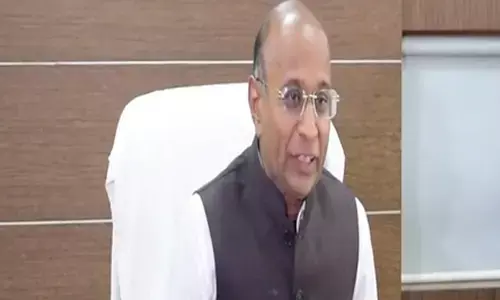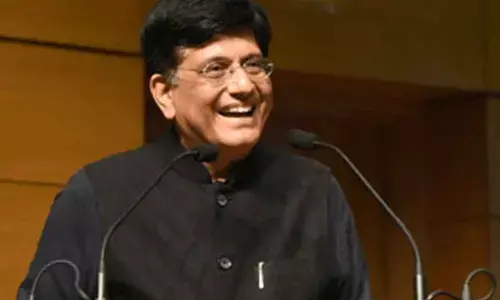Quota conundrum just got knottier

Representational image
Initially, the class system was started in India to bridge the inequality gap and bring the less fortunate on a par with the mega rich but, over the years, this has changed.
Initially, the class system was started in India to bridge the inequality gap and bring the less fortunate on a par with the mega rich but, over the years, this has changed. The result thereof is that it is eating into the larger portion of opportunities that were to be shared by both halves on 50-50 basis. Recently, the Government of India has announced that more than 80 castes of 6 States will be added to the Central OBC list and hailed it as a governance achievement.
In this backdrop, it is necessary to analyse the importance of this move and how balancing it is going to be. The National Commission for Backward Classes, considering the demand from the States for inclusion of more state OBC communities into the Central list, has agreed to do so.
No doubt, the reservation system gives representation to all sections of people, promotes equality and gives voice to each of the classes which our democracy demands. However, one blatant disadvantage now could be addition of too many castes within the existing percentage (quantum) of reservation. This, in turn, can increase the competition as many will be trying to get the government jobs or join the professional courses.
This can give rise to clashes between the castes. Getting almost all the communities into the reservation framework will leave no place for the other strata of society and leave out the deserving ones. The principles on which reservations are based are likely to get disturbed as the social fabric changes.
The quota system was started for a period of 50 years and the extensions are given since then. The reservation system is already saturated as the reservation for all sections total up to 49.5% in the government jobs and educational institutions. However, the quota percentage of a community should be considered vis-a- vis its proportion to the population.
In the recent past, the government had added 16 communities to the OBC list of 2,650 castes. The fact is that India is a developing country and the population of different castes is increasing day by day. Thus, the system of reservation cannot be done away. It can continue to operate but with some reforms
like increase in the income eligibility.
Now, more than 80 castes are being added in Central list from States such as Telangana, Andhra Pradesh, Maharashtra, Himachal Pradesh, Haryana and Punjab. It is to be noted that there are 3,000 castes and 25,000 sub-castes across the States and Union Territories. SCs, STs and OBCs currently enjoy reservations of 15 per cent, 7.5 percent and 27 percent respectively.
The quantum of reservations varies from State to State. Economically weaker sections (EWS) have also been added as an additional class list and 10 per cent quota is allowed to them. People with a family income of less than Rs 8 lakh a year are categorized as the Economically weaker section or EWS in India only if they do not belong to ST, SC or OBC caste categories. This enables the people from general category to take advantage of the quota system if they are poor.
Now adding more to the list means out-of-the-spectrum people will also become eligible for all of the opportunities which will, in turn, increase competition among them.
All the important, secure, high paying jobs are government jobs which will thereby go to the people from these categories. For the addition of classes, a proper study should take place. The eligibility criteria should be uniform across all categories. The government must carry out the Census of STs, SCs, OBCs, EWS at regular intervals. In addition, the government can set up a committee to review the current list of existing classes to check their status.
More precisely, the system of reservation should not be fixed reservation but rather it must be based on the needs and scenario. As soon as possible, the government should also make a law that mandates the private institutions and workplaces to implement the reservation system. The government can also allocate different percentage of reservations for States based on necessity in each State. For instance, the North-eastern States have more categories of tribes as against the other States.
In short, a fair balance can be struck if the general category candidates are given jobs, promotions and college admissions based on their merit.
The reservation percentage for OBCs can be appropriately increased. This will ensure harmony among all the sections of people and help uphold India’s unity in diversity.











